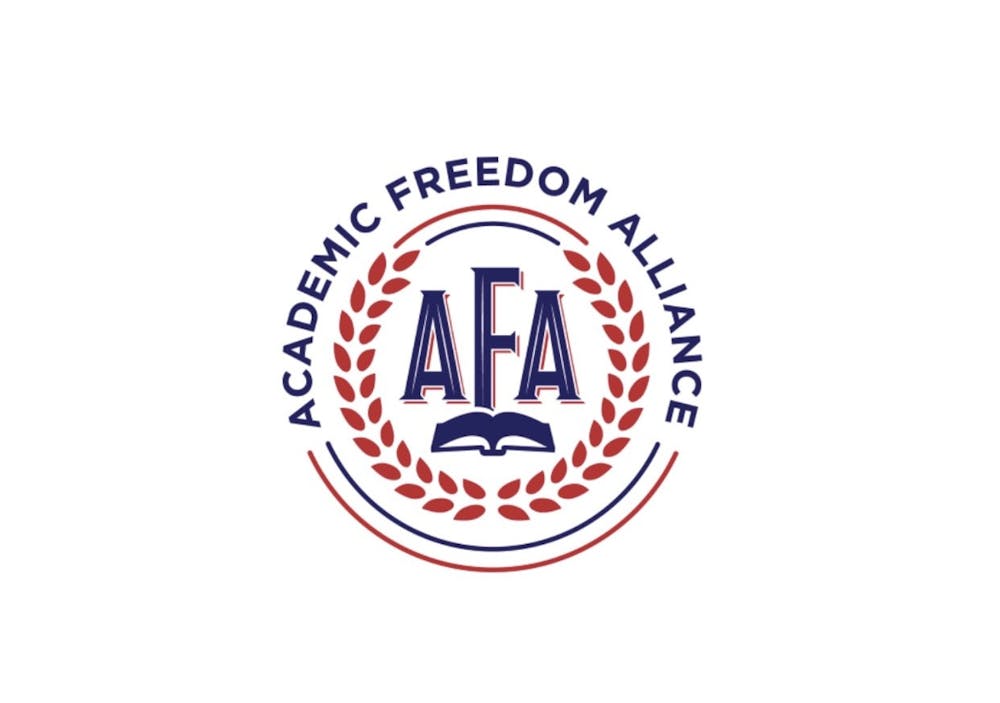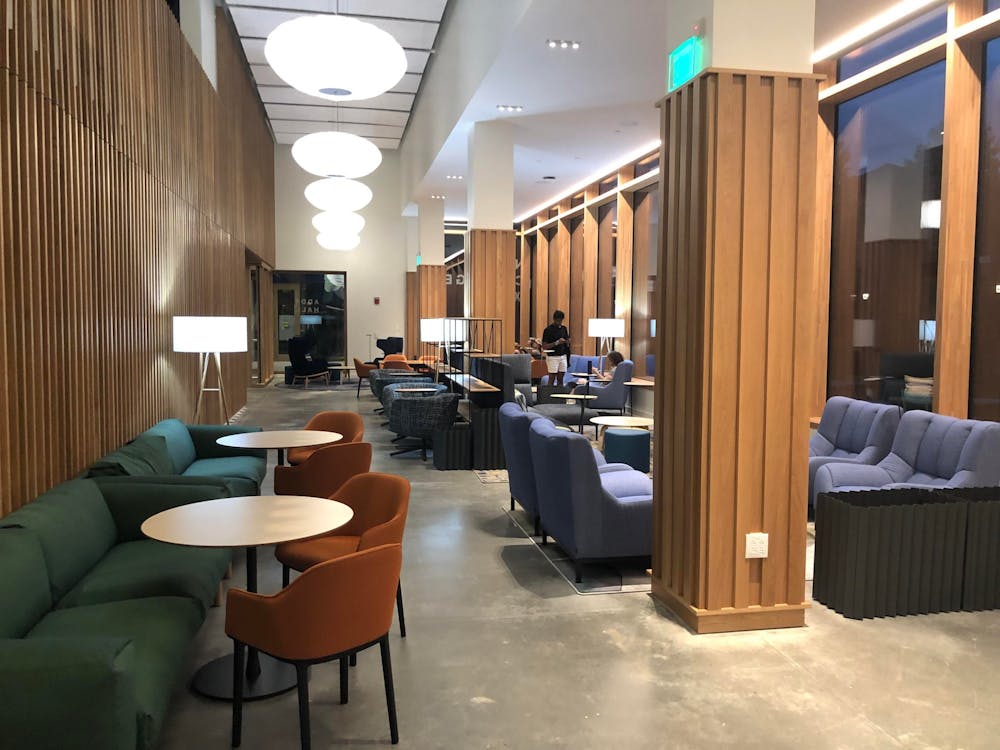Princeton faculty members involved with the Academic Freedom Alliance (AFA) have expressed support for law professor Amy Wax’s academic freedom, after the University of Pennsylvania announced it had initiated a review process that could sanction her for her anti-Asian remarks.
On Dec. 20, Wax in an interview with Glenn Loury, a professor at Brown University, said that since “most” Asian Americans support the Democratic Party, “the United States is better off with fewer Asians and less Asian immigration.”
After backlash to those remarks, the University of Pennsylvania Carey Law School’s Dean Ted Ruger announced on Jan. 14 that he had initiated a faculty review process that could result in sanctions imposed on Wax.
Following the announcement, some professors at Princeton and other institutions argued that principles of academic freedom ought to shield Wax from consequences. University politics professor Keith Whittington, the Academic Chair of the AFA, told The Daily Princetonian that while he does not support her comments, he supports her right to make those comments.
In an interview with the ‘Prince,’ Whittington argued that universities are restricted from terminating employees on the basis of their speech — with very few exceptions.
“Penn is going to have to make an investigation to determine if she has committed any offenses that violate tenure and if she is subject to sanctions,” Whittington said. “Part of the problem is whether her actions can be protected under the principles of academic freedom or if they constitute a larger violation.”
Whittington noted the complexity of Wax’s case. He said that there are three types of academic freedom protections that tenured professors have: freedom in the public sphere, freedom in the classroom, and freedom in scholarly work.
“Many of her current and past remarks have caused outcry on social media, which carries the most robust set of academic freedom protections,” he said. “The University [of Pennsylvania] has limited ability to place any sanctions on her.”

Wax has faced repeated accusations of racism over the last five years, including over her comments in 2017 questioning the ability of Black students to succeed. Wax said at the time that Black students graduating from UPenn Law do so “rarely, rarely in the top half.”
Some Princeton students expressed support for the University of Pennsylvania’s decision to investigate Wax —and said they believe she should be held accountable.
One student, Yejin Suh ’25 told the ‘Prince’ that Wax’s claims about Black law students are “easily debunked.”
“It’s disheartening that the University [of Pennsylvania] has left her mostly untouched,” said Suh regarding what she perceived to be UPenn’s lack of action against Wax thus far. “I wonder how she can be allowed to keep her job considering she perpetuates false beliefs that actively harm the very students she’s supposed to be guiding and educating.”

Another student, Meryl Liu ’25, argued that Wax’s comments “perpetuate sinophobia and yellow peril.”
“What disturbs me most about Wax’s remarks is that it follows what I think is an ongoing trend of dehumanization of Asian people,” Liu said.
Liu is an Assistant Instagram Editor for the ‘Prince.’
“Asians experience systemic racism and have every right to be critical of the United States — many of our families are here as diaspora from geopolitical situations caused by U.S. interventionism that destabilized our home countries in the first place,” she added.
Wax has previously sparked controversy on Princeton’s campus when she was invited to speak at a Whig-Clio event in October 2019. At the time, students protested her event, with the ‘Prince’ Editorial Board arguing that inviting her constituted an irresponsible abuse of free speech principles.
“Our country, because it was founded by people who are essentially Anglo-Protestant and therefore quintessentially Western … can more easily assimilate people from … more similar cultures, and here I’m talking about Europe,” Wax said during the event.
With regard to the current controversy, Whittington told the ‘Prince’ that the issue at hand is broader than just Wax.
“If we remove protections for academics speaking out on their political opinion, then we create a loophole for the termination of many other academic faculty with controversial scholarly work on the basis of what they say in public,” he said.
“I am a lot less concerned about what happens to Amy Wax personally than I am concerned for the thousands of professors that find themselves in these situations, many of them people on the Left and racial minorities,” Whittington added.
Liu pushed back on the idea that freedom of speech innately protects Wax from consequences in this case.
“Wax may be protected under freedom of speech, but that does not mean we shouldn’t seek accountability and remain intellectually and ethically critical of statements that have an impact on real, living people and groups,” said Liu.
Wax did not respond to multiple requests for comments from the ‘Prince.’
Aidan Iacobucci is a staff news writer for the ‘Prince.’ He can be reached at iacobucci@princeton.edu or @aidaniaco on Instagram.
Correction: A previous version of this article cited the Academic Freedom Alliance as a “Princeton-affiliated academic freedom group.” It is in fact a group independent of the University, which some Princeton professors are involved with and which is based in the town of Princeton. The ‘Prince’ regrets this error.








